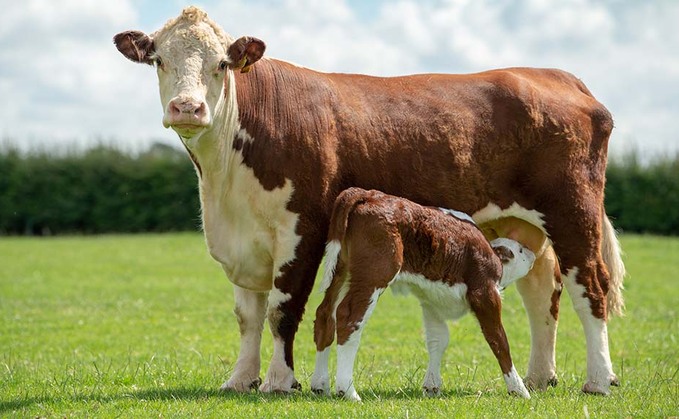
Supporting its valued network of farmers across the UK who supply their core product lines has been fundamental to the Co-op's approach since the onset of Covid-19. Mollie Leach finds out more. With...

Supporting its valued network of farmers across the UK who supply their core product lines has been fundamental to the Co-op's approach since the onset of Covid-19. Mollie Leach finds out more. With...